
Blockchain technology has gained significant traction in recent years, with its potential applications spanning across various industries. Understanding the terminology associated with blockchain is crucial for anyone looking to delve into this innovative field. In this article, we will explore some of the most common blockchain terms and their meanings.

Blockchain
Terminology
Explanation
Industry

Definition: A blockchain is a decentralized digital ledger that records transactions across many computers so that the record cannot be altered retroactively without the alteration of all subsequent blocks and the consensus of the network.
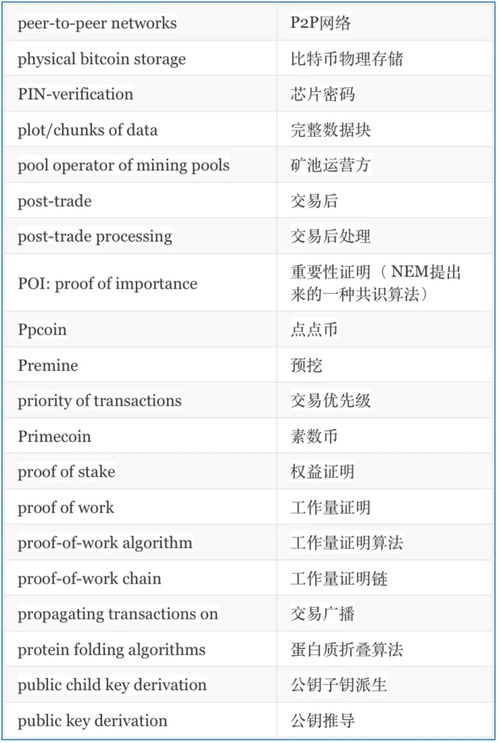
Definition: A block is a container for a set of transactions that have been broadcast across the network and grouped together. Once a block is filled with transactions, it is added to the blockchain as a permanent record.
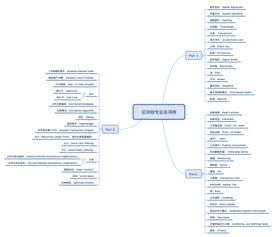
Definition: A consensus mechanism is a protocol that enables a distributed network of nodes to agree on the state of a distributed ledger. It ensures that all participants in the network have the same view of the ledger and that the ledger is updated in a secure and reliable manner.

Definition: Cryptocurrency is a digital or virtual currency that uses cryptography for security. It is controlled by a decentralized authority and operates independently of a central bank.

Definition: A smart contract is a self-executing contract with the terms of the agreement directly written into lines of code. It runs on a blockchain and automatically enforces and executes the terms of the contract when predetermined conditions are met.

Definition: A public blockchain is a decentralized blockchain that is open to anyone to join and participate in. It is permissionless, meaning that anyone can join the network without requiring permission from a central authority.
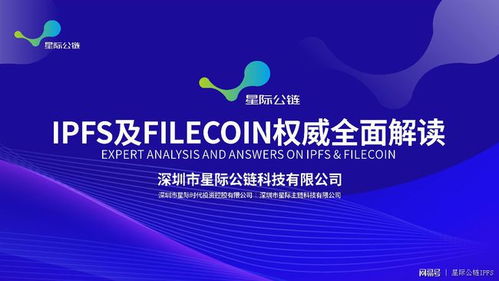
Definition: A private blockchain is a blockchain that is permissioned, meaning that access to the network is restricted to authorized participants. It is often used by organizations to create a secure and efficient network for internal transactions.
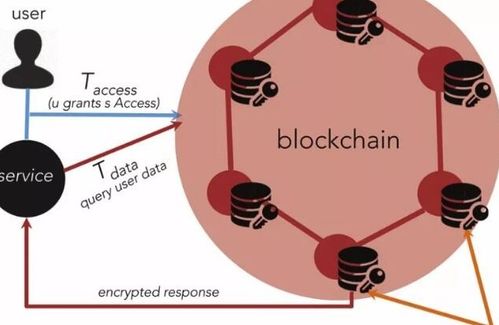
Definition: A token is a digital asset that represents a unit of value on a blockchain. Tokens can be used to represent ownership, access rights, or other forms of value. They are often used in the context of initial coin offerings (ICOs) and decentralized applications (DApps).

Definition: An initial coin offering is a fundraising event where a new cryptocurrency is offered for sale to the public in exchange for legal tender or other cryptocurrencies. ICOs are a popular way for startups to raise capital in the blockchain space.
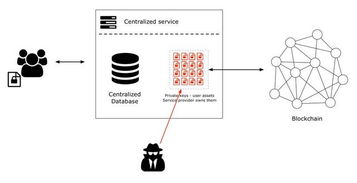
Definition: Decentralization refers to the distribution of power, authority, or control across multiple participants or entities, rather than being concentrated in a single entity. In the context of blockchain, decentralization ensures that no single entity has control over the network, making it more secure and resilient.

Understanding the terminology associated with blockchain is essential for anyone looking to navigate the rapidly evolving landscape of this technology. By familiarizing yourself with these common terms, you'll be better equipped to engage in discussions, make informed decisions, and explore the potential applications of blockchain in various industries.